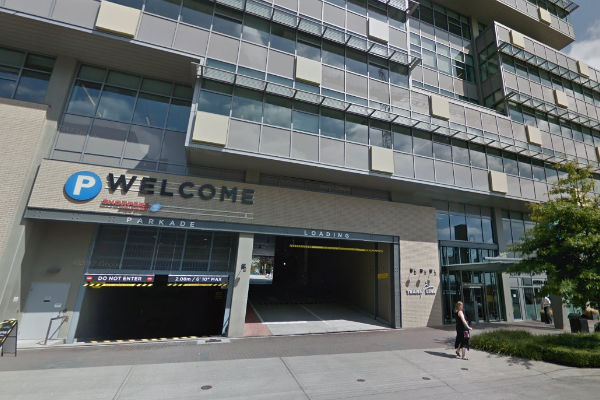First notice of job action in 18 years

VANCOUVER (CP) — It moves millions of people a year and starting Friday, transit users in Metro Vancouver might have to find alternate ways to get around the city as the system faces disruptions in an ongoing labour dispute.
The union representing bus drivers and other transit staff issued strike notice this week for the first time in 18 years.
It is demanding that the Coast Mountain Bus Company, which operates the service on behalf of the TransLink transit authority, address workers’ concerns about wages, benefits and working conditions.
If no significant progress is made by Thursday at midnight, Unifor has pledged to pursue job action in a way that has a minimal impact on the public while putting maximum pressure on the company, such as work-to-rule or rolling strikes.
But if it comes to a full shutdown, experts say the labour dispute could have significant consequences for an urban area that relies heavily on transit.
“If we do have a serious disruption that lasts an extended period, it’s going to set back the progress that has happened to shift people to more sustainable urban mobility options here in Vancouver,” said Anthony Perl, professor of urban studies and political science at Simon Fraser University.
Public transit plays an increasingly important role in the regional transportation network as the population grows and the space for new roads and infrastructure doesn’t, he said.
In April, TransLink released data showing ridership reached an all-time high in 2018. The number of boardings increase more than seven per cent across the system, representing the largest ever annual increase in transit use.
Mayor Mike Little of the District of North Vancouver said he and other regional mayors have been pushing for increased transit funding. Residents heading into or through downtown Vancouver from his community rely primarily on two bridges that are routinely backed up, he said.
One positive outcome is that some commuters are switching to transit, but the system could use improvements, he said.
“People are becoming more comfortable with relying upon the service but it’s really, really stressed.”
Gavin McGarrigle, Unifor’s Western regional director, said Wednesday the union is asking for measures that would reduce overcrowding, increases in service and more reasonable break times for its members.
Passengers are packing onto buses “like sardines” or can’t board because they’re too crowded, while the tense environments mean drivers are more likely to be subjected to violent outbursts like one recorded on video this week of a passenger kicking at door then spitting on a driver, he said.
“We want to make sure we are doing this not only to improve conditions for our members but to improve conditions for the public as well,” McGarrigle said.
Specific details of the union’s demands are not publicly available primarily because they can shift during bargaining, but in terms of wages, the union has said it’s seeking parity with some other transit operators in places like Toronto.
The current wage for Vancouver transit operators at the top scale is $32.61 an hour. As of March 2018, the top wage for Toronto Transit Commission operators was $34.07 an hour. The TTC contract specifies a two per cent annual increase, bringing it to about $35.45, Unifor said.
McGarrigle said negotiators had reached an agreement in principle Wednesday that would require a small number of maintenance personnel to assist with trolley lines in case of any danger during a full-service shutdown.
No one from TransLink was available to comment on the negotiations.
Lawrence Frank, Bombardier professor in population at the University of British Columbia, said increasing ridership may be a result of many factors.
Vancouver has a stated commitment to sustainability, the region has a population of immigrants who come from places where transit use is normal, and segments of the population like millennials are choosing transit because it’s more cost effective than driving, he said.
Strong improvements to the system in recent years may also be part of the reason more people are choosing to ride, Frank said. New corridors, improved services and expanded hours have all been rolled out in recent years, he said.
“We have a very high-quality transit system for a North American city,” he said.
At the same time, he said the service can’t keep up with the demand and may still feel the effects of underfunding during the previous B.C. Liberal government’s tenure. It’s not uncommon to have to wait for three buses to pass before you can fit on one to the University of B.C. along one of the region’s most in-demand corridors, he said.
“We have a transit-oriented population and we don’t have the resources to serve it.”




